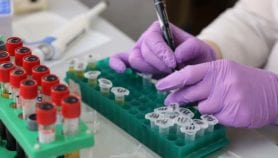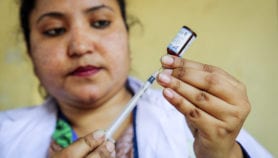By: Roger Bate
Send to a friend
The details you provide on this page will not be used to send unsolicited email, and will not be sold to a 3rd party. See privacy policy.
Of the 42 million people with AIDS around the world, less than 300,000 are receiving proper treatment and 100,000 of those are Brazilian.
Prior to 1997, Brazil’s AIDS programme kept costs down by ignoring patents from western companies, producing generic copies of those patented drugs. In 1997 Brazil agreed to comply with World Trade Organisation rules. But it continues to threaten to strip patents on newer drugs, thereby pressuring pharmaceutical companies to lower their prices on AIDS drugs.
In this article Roger Bate, director of the organisation Africa Fighting Malaria, argues that Brazil’s approach to AIDS treatment is not sustainable. And he cautions against African countries from contemplating copying its approach, saying that – with the possible exception of South Africa – these nations lack the political will, technical competence and health infrastructure to replicate Brazil’s apparent success.













